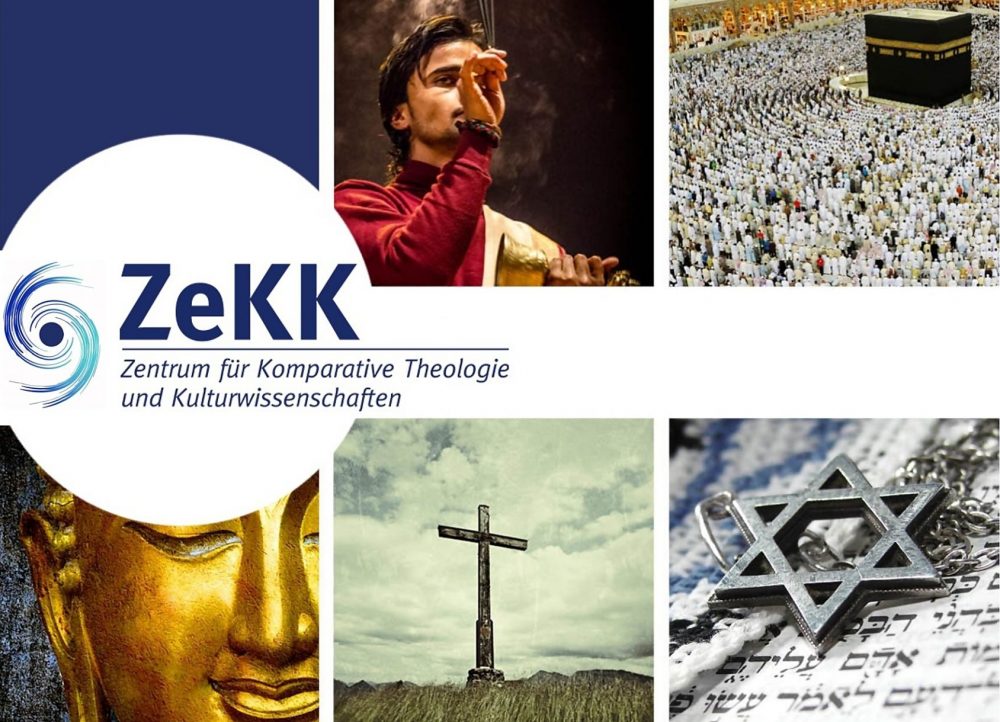Throughout history religion and diseases could be considered as socially linked phenomena. Diseases, as a disorder that does not affect only the body but also the social and cultural aspects of human life, inevitably, meets the religious in one of its aspects. Religion, as a framework for human life in most of its aspects, must leave its impact, an explanation and an interpretation of what affects a person from illness or diseases. Ethnographic studies have shown this close relationship between religion and disease from the time of the Greeks to the present.
To face sickness and diseases, religion created for itself a remedy: The concept of affliction in religious interpretation which is able to rationalize the chaos of the distribution of punishment and harm and justify the arbitrariness of employing torture and adversity towards a specific goal: testing. Thus, the concept of affliction helps to overcome embarrassment and reach other meanings that are more accommodating to the infected. For instance, Christians considered pain, torment, and diseases a purification tool that elevates people to the level of true heart purity (Scheler, 1946), while Islam, especially in Sufism, have attached great importance to diseases and pain by considering the pain caused by diseases as an effective tool for achieving spiritual isolation and deep esoteric life.
Nowadays, with the appearance of the new virus of Coronas, on one hand, as certain studies show, the nature of the patient’s relationships with himself and with those around him (family, studies, work, sexual relations, etc.) changes and this change goes beyond the societal to find an echo in the spiritual experience of the person. If a person is a believer, there is no doubt that being affected by this virus or being put in a Quarantine zone, could awaken many religious and spiritual questions and everyone is going to try to find answers for these questions. Perhaps one of these questions would be: If God taught us that with every new born child s/he wants to show us that s/he still has hope on us, how could this mass of daily deaths be understood?

On the other hand, the religious institutions did not remain passive. Official or independent bodies have given their position and vision on this virus, to the point where we can speak of „religious representation of Coronas“. In Italy, like many public institutions, some churches have been closed. Such decisions arouse some religious inquiries. In time when a believer is in need to “houses of God”, it became risky to be there. This also could deeply affect the nature of religious practices and give a new shape to individual practices rather than group practices.
In Lebanon, the Head of the Hajj, Umrah and Visitation Office in the Supreme Islamic Shiite Council announced that it is possible to avoid the religious travels if it is necessary in order to limit the spread of the virus. Here, again, the person finds himself struggling between the reality and the religious duties.Whether the traditional remedy used by religion in facing diseases be also effective in this situation or a new updated one should be created to resist its effects on the spiritual life of humans is one of the struggles waiting for religion by the appearance of Coronavirus knowing that this virus will affect not only the shape of the rituals and practices but also the understanding of what is spiritual and the deeply esoteric.
Nadia Saad ist wissenschaftliche Mitarbeiterin am Institut für Islamische Theologie der Universität Paderborn.
